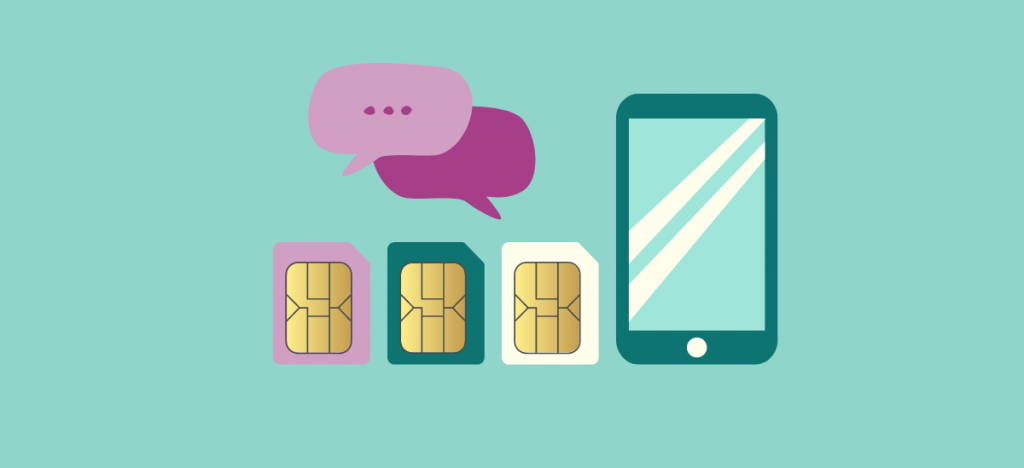November 7, 2022
Data Poverty is when ‘individuals, households or communities cannot afford sufficient, private and secure mobile or broadband data to meet their essential needs.’ (1) Most of the UK population is…

Data Poverty is when ‘individuals, households or communities cannot afford sufficient, private and secure mobile or broadband data to meet their essential needs.’ (1)
Most of the UK population is now within reach of fast broadband, 4G, or 5G signal and have the digital skills to go online. But, with six million UK households struggling to pay their mobile, landline and broadband bills, data is fast becoming a utility like gas or electricity (2). The cost of living crisis is forcing people to choose between essentials like heating and the salvation that their phone or laptop represents.
Technology is a vital lifeline for those who are experiencing domestic abuse, enabling victim-survivors to feel less isolated and reach out to others with similar experiences or to find information quickly and safely. But there’s a high likelihood that women fleeing domestic abuse will experience data poverty.
Access to the internet now considered essential, many vital services such as education, welfare, health and work are now online, and those who cannot access enough data for their needs are data poor. BCWA service-users rely on mobile data and minutes in order to connect with their family and friends, as well as professionals, who support them during their recovery from the trauma of abuse. Shockingly, it is not free to call GP surgeries in Croydon and with long call hold times pay-as-you-go credit can be drained when simply trying to book a doctor’s appointment.
One provider reported 72% of women accessing their services were subjected to ‘tech abuse’ (or technology-facilitated abuse) in which common devices such as smartphones and tablets can be misused to stalk, harass, impersonate and threaten victims. Some groups have even raised concerns that the growing use of internet-connected home devices such as smart speakers may provide perpetrators with a wider and more sophisticated range of tools to harm victims.
In fact, it can be life-threatening if the perpetrator is the mobile phone account holder and can easily access a breakdown of the calls made from the victim-survivors’ phone to domestic abuse services assisting her, as he is likely to turn on her. BCWA’s Refuge Officers strongly encourage women to change their phone numbers when arriving in refuge so that they are not as easily monitored or tracked by their abuser. However, in many cases victim-survivors have little income making it hard to pay for their mobile data and minutes.
It can be difficult to rely on Wi-Fi when out and about and many victim-survivors feel unsafe when making calls in a home-environment, preferring to leave the house for privacy. Data and minutes are vital when moving to a refuge in a new area, especially if English isn’t your first language. Just recently one of our service-users who is new to the area and speaks very little English got lost and could not call for help or use Google maps due to running out of data and credit.
No one should be prevented from accessing essential services online because of the cost of data. That’s why we’re thrilled to be working with the National Databank to be able to offer our service-users free data at a time when they need it the most. Good Things Foundation developed the National Databank to help people experiencing data poverty to access the internet. The National Databank distributes free data to people through community organisations, such as Bromley & Croydon Women’s Aid.
Sources: